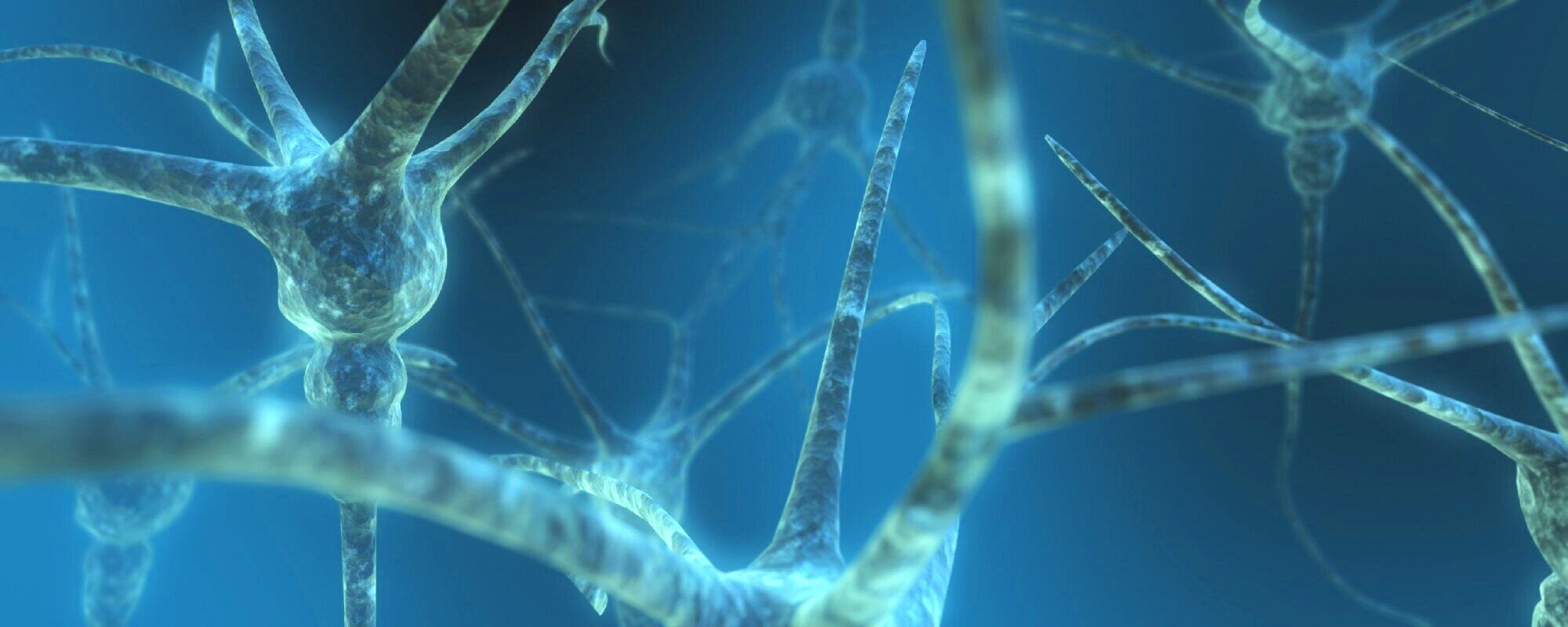
Policy
The NeuroRights Foundation works at four levels:
International
Since its adoption in 1948 by the United Nations General Assembly, the Universal Declaration of Human Rights has served as a moral beacon over the post-World War II world. The Universal Declaration has been both inspiration and aspiration, providing a common set of values and ethical guidelines for governments, corporations, and individuals. It has inspired the widespread adoption, for example, of the International Covenant on Civil and Political Rights (ICCPR), a multilateral treaty adopted by 173 countries and now covering more than 90 percent of the world’s population. And it has led to more focused treaties addressing torture, disappearances, racial discrimination, and the rights of women, children, and people with disabilities. It has spoken principle to power in over 500 languages and is the most widely-translated document in the world. Neurotechnology has tremendous potential to improve the human condition and advance our species but, precisely because it can be so transformative, it also raises fundamental human rights challenges that were never envisioned by today’s international human rights treaties. Consequently, existing treaties cannot offer the robust and comprehensive human rights protection that a neurotechnological world requires. Instead, today’s era calls for a novel protection framework: NeuroRights
National
In addition to requiring international human rights protects, at the national level governments need to develop and adopt a new legal and regulatory framework to govern the development and use of neurotechnology that will both promote innovation but also provide protections against the misuse or abuse of neurotechnology. Currently, neurotechnology is most frequently treated in national legal systems as consumer products. But this kind of approach fails, dramatically, to provide any governance over how brain data is being gathered, analyzed, and bought and sold.
Industry
There is no unifying ethical code governing the neurotechnology field. It is essential that a new global ethical code be developed in collaboration and coordination with companies, entrepreneurs, scientists, and investors that can set the standard for self-governance and accountability and ensure those working to develop neurotechnology proactively manage the societal impact of their innovations.
General Public
There is very little public understanding about how much the world is going to change because of extraordinary advances in neurotechnology. It is therefore exceptionally important that wide efforts be undertaken to highlight the exciting current and forthcoming developments, explain how such technology might be misused or abused, and educate the public about their rights so that they can be part of this important global, national, and local conversation.

Become a NeuroAge Subscriber
Our exclusive membership plans are composed of inspiring and determined people—like you—from more than 22 countries around the world. Some are world changers and history makers in the world of neurotechnology, and some are simply passionate about neuroethics. And you’re going to fit right in.